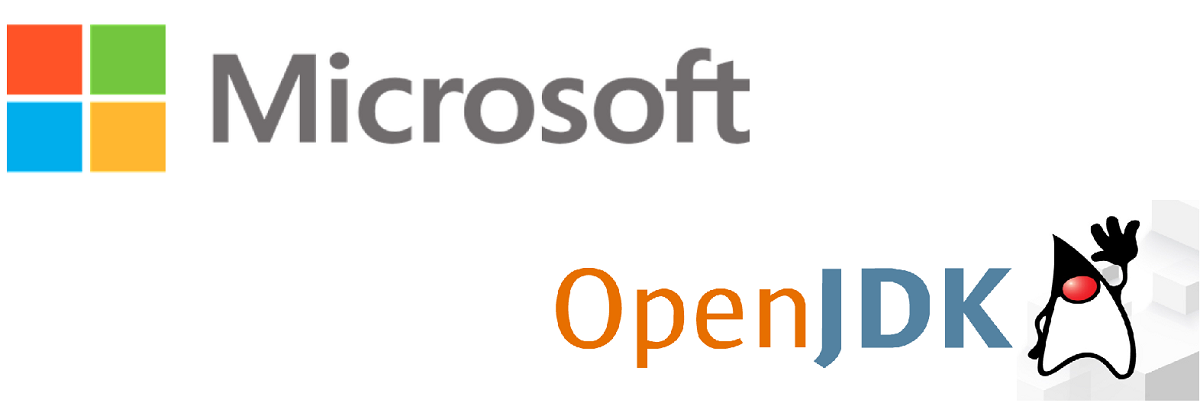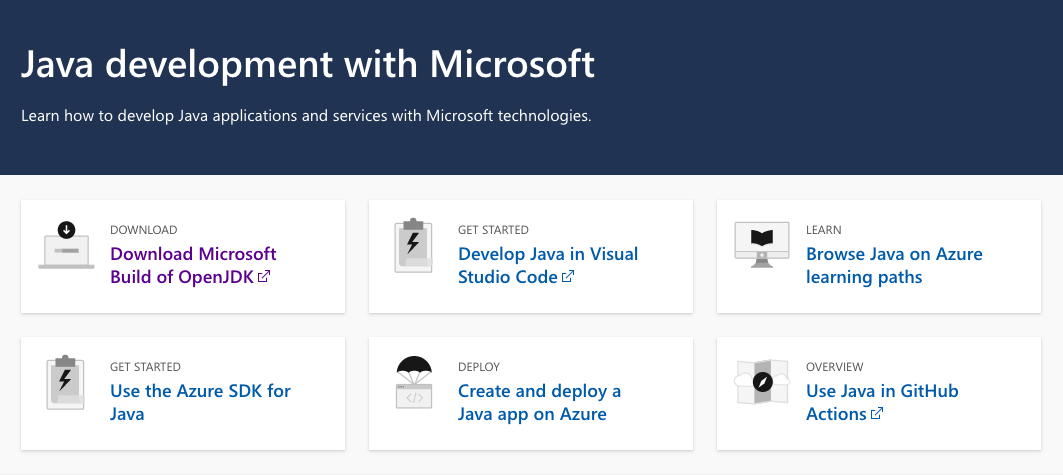
Microsoft has recently started distributing its Java distribution based on OpenJDK. The project is free, it is distributed under the GPLv2 license. It includes executables for Java 11 and Java 16, based on OpenJDK 11.0.11 and OpenJDK 16.0.1. The new Java 16 release is already in use by millions of Minecraft gamers, along with Minecraft Java Edition Snapshot version 21W19A.
The company has prepared assemblies for all popular operating systems, including Linux, Windows and macOS - for the x86_64 architecture. There is also OpenJDK 16.0.1 for ARM systems, which runs on Linux and Windows. Any user can download and use the new product, on a completely free basis.
Details from Microsoft
This release is not a revelation - it became known back in April 2021, when Microsoft presented test builds based on OpenJDK 11 for the x64 architecture for server and desktop use in Windows, macOS and Linux. Then Microsoft announced support for Java 11 until at least 2024.
Microsoft's OpenJDK developers said their project is the company's contribution to the Java ecosystem. Thus, the company is trying to establish and strengthen interaction with the Java community. The distribution kit is declared as stable - it is already used in a number of services of the corporation and, as far as we know, there are no problems with it.
The project will be supported for a long time (how much is unknown, but several years have been announced). We are talking about a full support cycle, the company promises to publish free updates on a quarterly basis. In addition, if there are no fixes or improvements that are important to Microsoft customers or to the company itself, if there are no fixes or improvements in the main OpenJDK, they will be published separately. Most likely - in the form of sources in the project repo.

Besides the main announcement, the company said also that joined the Eclipse Adoptium working group. This group distributes OpenJDK binaries that are compliant with the Java specifications and meet the AQAvit quality criteria. The group is completely independent from any commercial projects.
Company representatives said that Microsoft runs about half a million Java virtual machines, providing a variety of services, game servers, Big Data systems. And about a third of virtual machines, about 140,000, use Microsoft's OpenJDK.
The company has a long history of using a variety of open source Java projects to help keep big data and log analysis systems running. Moreover, LinkedIn and Yammer backends are also almost 100% Java microservices based.
The company became actively involved in the development of its own version of OpenJDK after purchasing jClarity from the UK. Its most famous products are Censum and Illuminate. The corporation planned to use the developments of jClarity to improve the efficiency of the infrastructure of its services, as well as to create its own distribution kit of OpenJDK.
Some details from OpenJDK and Java
OpenJDK is a fairly well-known project whose goal is to create a Java Development Kit, consisting exclusively of free and open source code. The Kit includes several items, including a Java Bytecode Compiler (javac), Java Standard Class Libraries, examples, documentation, utilities, and the Java Runtime Environment (JRE).
Back in 2006, Java creator Sun (three years later acquired by Oracle) promised to make Java completely free software. First, the source code for the HotSpot virtual machine and the Java compiler were published under the GPL. Then - the complete source code of the Java class library under the GPL, except for the fragments, the rights to work with which were held by a third party. All of this was published in May 2007. Among the parts that have not been made public are the Java components for the GUI.
Well, then a logical stage followed - the creation of the OpenJDK project, which made it possible for other companies to participate in the development of the platform. Since 2018, business users have had to pay to use the Oracle JDK platform.
As for the Microsoft corporation, it considers Java one of the most important programming languages in our time, since the language is used to solve a wide range of problems.
